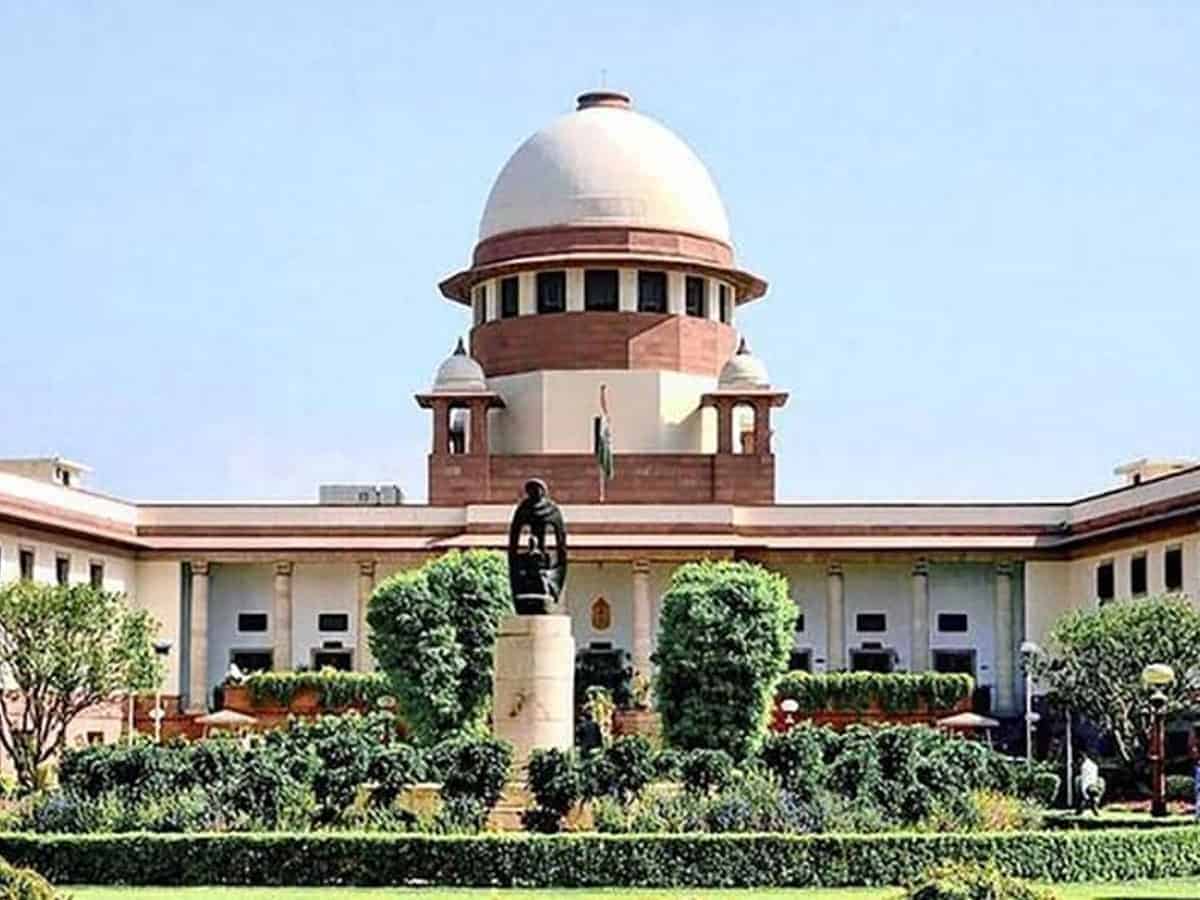New Delhi: The Supreme Court on Monday noted that some tribunals are in extremely bad condition and in the backdrop of large number of vacancies, they are unable to discharge their functions.
A bench comprising Justices L. Nageswara Rao, Hemant Gupta and S. Ravindra Bhat asked the Centre to immediately take steps for the fresh appointments for the tribunals. “Situation is pathetic”, the bench remarked. The bench emphasised that holding up appointments in the tribunals will serve no purpose and asked the government to appoint members without fixing their tenure.
Citing the Centre’s assurance thrice in past one year, the top court said the appointments has not been done so far, and vacancies are increasing in various tribunals particularly in Railway Claim, National Company Law Tribunal and the appellate tribunal.
Attorney General (AG) K.K. Venugopal, representing the Centre, submitted before the bench that the Centre brought an ordinance on the issue of tenure of members, and cited the top court ruling fixing five years for the tenure. However, Venugopal added the ordinance fixed the tenure to be four years, and this ordinance is under challenge and pending before the top court.
The ordinance issued by Ministry of Law and Justice was notified on April 4. Centre in February introduced a bill abolish some tribunals, wherein public at large was not litigant. The ordinance was brought, as the bill could not get the parliamentary nod.
The top court asked the AG to take instructions on steps for appointment in company law tribunal and explore the possibility, if existing members could be re-appointed after their tenure is over.
The top court was hearing a plea by Madras Bar Association, which has challenged the Sections 12 and 13 of the Tribunal Reforms (Rationalisation and Conditions of Service) Ordinance, 2021 and Sections 184 and 186(2) of the Finance Act, 2017, which was amended by the ordinance.
During the hearing, a senior counsel submitted that there is a strong case for stay of the ordinance. He argued that this is not permissible, and the government cannot violate the order of the top court again and again. Last year, the top court finding faults with 2020, tribunal rules, issued a slew of directions. In 2021, the Centre promulgated ordinance in compliance with the top court directions. The lawyers’ body has challenged this ordinance stating it violates the top court’s directions.
The ordinance has done away with Film Certification Appellate Tribunal (FCAT), which was set up to hear appeals of filmmakers. The ordinance transfers FCAT functions to other existing judicial bodies. In the Cinematograph Act, the appellate body will now be the High Court.

